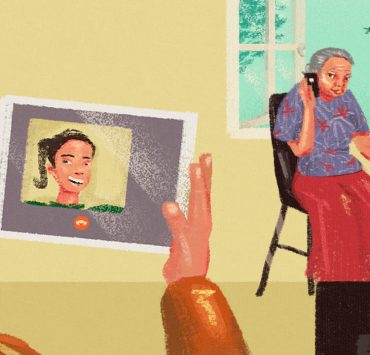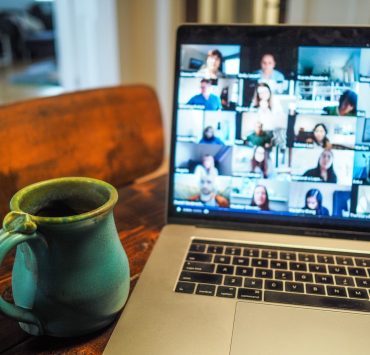A sense of normalcy: That’s one of the many things that a lot of us are craving during this stressful period.
Among the many lockdown living tips we’ve received is to maintain a daily routine. “Studies in resiliency during traumatic events encourage keeping a routine to your day,” says Adelphi University psychology professor Deborah Serani, PsyD tells Forbes.
According to experts, this simple practice helps keep our mental health in check and eases the overwhelming fatigue and anxiety that we feel. After all, familiarity has always been a safety blanket that gives us a sense of security and comfort—pandemic or none.
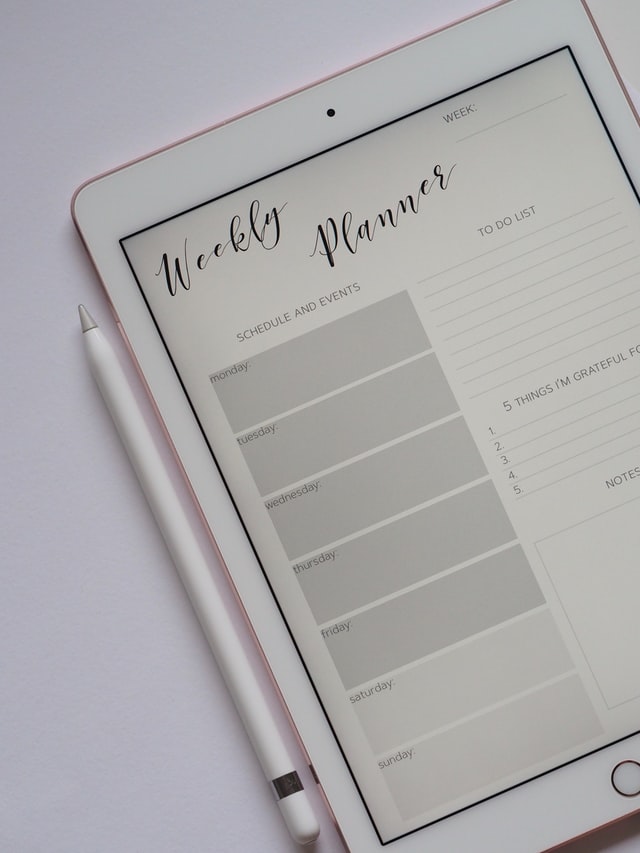
Serani adds that this means having set times for eating, sleeping, waking up and exercising. “Unstructured time can create boredom [and] spikes in anxiety or depression, which can lead to unhealthy patterns of coping,” she says.
inkWELL Press Productivity Co. founder Tanya Dalton also tells Healthline that routines help us feel more in control, especially over our time. “Think of rituals as actions with meaning or emotion attached to them. Rituals keep our day moving along but are infused with joy, pleasure, or a positive emotion,” she explains.
So for those who haven’t established their daily routines yet, we collected some ideas by asking the Nolisoli team what theirs are.
Let’s start with me: Every day, I wake up just in time for work after snoozing a series of alarms with 10-minute intervals. I often skip breakfast or just sip water for hydration before logging in to work. When the clock strikes 12:30 p.m., I eat lunch with my family—which leads to the highlight of my routine: Washing the dishes. This household chore has somehow become the most important part of my daily ritual by serving as a mini-downtime for myself. I mean, scrubbing the dishes lets me have that “no thoughts, head empty” moment for the day until I go back to work.
After finishing my duties, I take a nice shower and spend a few hours before dinner doing nothing—as a way of clearing my mind, of course. Then, I watch Korean dramas or read manga until bedtime.
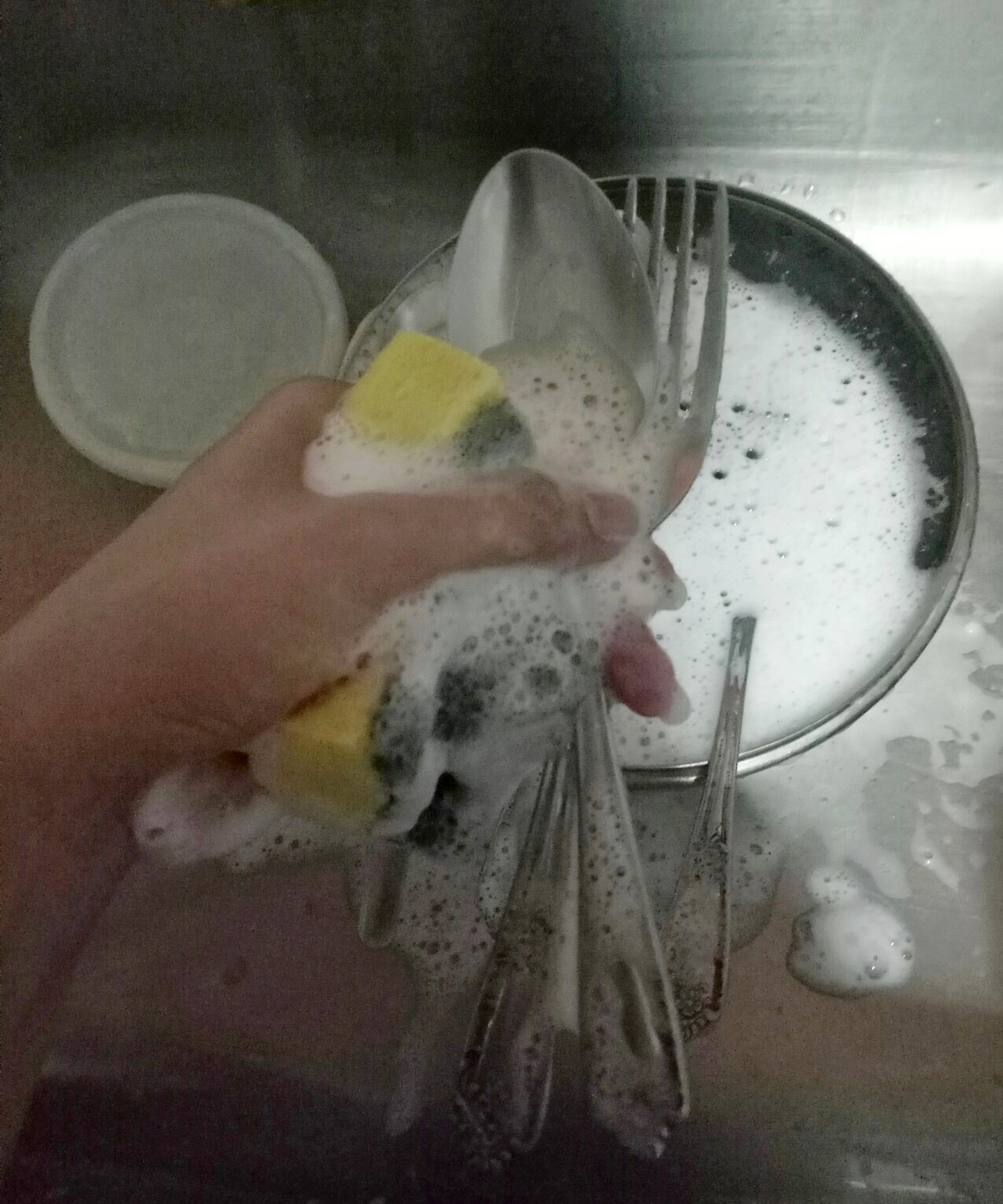
For junior designer Levenspeil Sangalang, keeping a healthy and active body is a core part of quarantine routines.
“I wake up to the sound of dog barks and doorbells 30 minutes before my work hours. This entails a series of morning rituals that include a lot of sanitizing my hands in-between (in this timeframe pre-pandemic, I would be scurrying across my condo unit and hailing a jeep to the office). I enter my bedroom, sit down on my desk chair and work for eight hours—a duration halved in attempts to keep sane.
I proceed to our mini-gym by the balcony and inhale the fresh air—a reward after being enclosed in such a warm setting (by warm, I mean my computer screen). Each day, I try to do an exercise that’s focused on different areas that I want to improve on. Listening and answering to my body is something I’ve acquired during this quarantine.
I clean up, eat dinner and this is where my bedtime procrastination starts: Consuming a lot of media, singing songs through my guitar/piano, video calling my friends, conversing with family and other what-have-yous to mess with the rhythm. I just feel like the universe owes me this, y’know?”

Meanwhile, junior content creator Andrei Yuvallos takes on a very millennial routine.
“I start my mornings at around 8:30-ish after snoozing at least thrice. The first thing I do is check my phone for updates (yes, very typical, I know) and catch up on messages from friends and family that I missed out on while I was asleep.
As soon as I get out of bed, I head to the washroom to freshen up before starting my day. I don’t usually have breakfast, but if I do, it’s two pieces of toast with a generous slathering of my favorite butter. I log in for work and keep going until lunch time. Around this time, I either take a short nap or annoy my best friend and roommate and catch up a little while having lunch. I head back to work when the clock strikes 1 p.m. until around 7 p.m. Then I either start making dinner (since my roommate and I take turns) or do some tidying up around the house.
I start getting ready for bed at around 8 p.m. and then just laze about, either endlessly scrolling on Instagram or watching a new show, until I fall asleep at midnight. Rinse and repeat.”

Video editor Samantha Ong has also incorporated several ways to unwind in her schedule.
“I usually wake up an hour before work but I don’t get up immediately. Once I’ve gathered the energy to get up, the first thing I do is mist my plants and then feed my cats.
If I wake up earlier, I usually go on the treadmill for an hour then have breakfast. Afterward, I log in for work then take occasional breaks to let my mind rest. After work, I usually watch movies or anime to unwind. I have a light dinner then I read in bed until I fall asleep.”
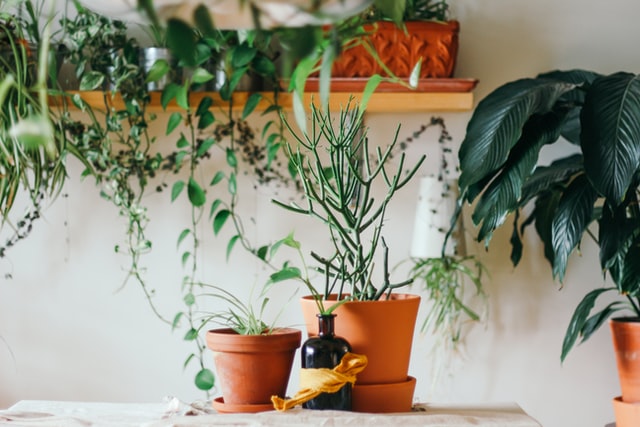
As for our managing editor Pau Miranda, coffee is an essential part of quarantine routines.
“I am not proud to say I have regressed during this quarantine (at least by my own standards). I have basically forgone all my usual pre-pandemic habits, and I no longer stick to a real routine, unless you count hitting snooze from 7:30 a.m. until my shift starts at 9. Then it’s all attending meetings or responding to emails and messages until 10:30 a.m. (it depends if we’re talking MWF or TTh), and then making coffee immediately after.”
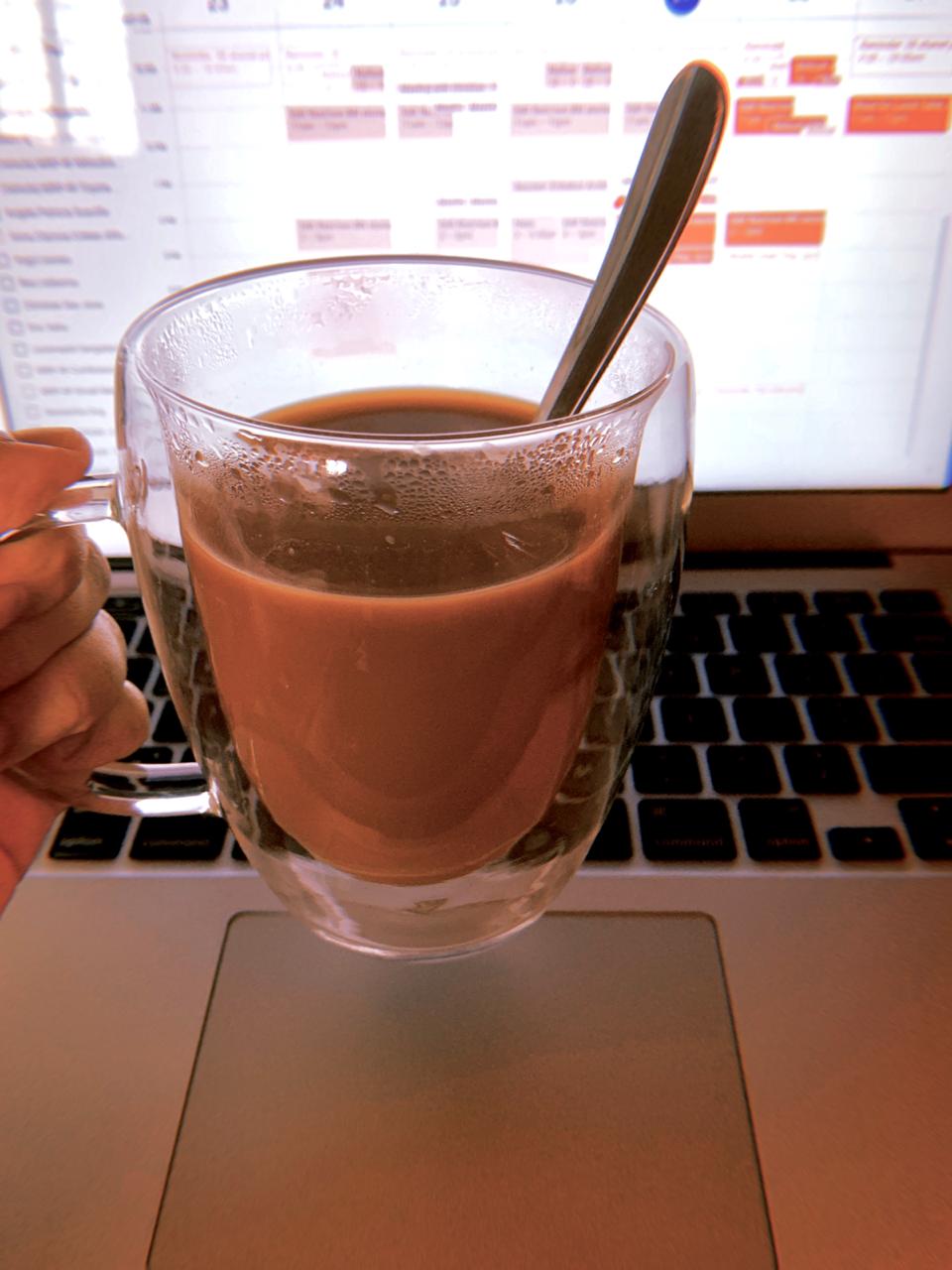
For those who haven’t established their routines yet…
We sure hope that our daily routines gave you an idea of how you could build yours, too. Experts recommend sticking to a “routine as similar as possible to your typical one” and building around what you plan to accomplish during the quarantine. That means, if you’re working from home or attending online classes, you have to consider how your routine would help you maximize your productivity.

Here are some more tips from the United Nations International Children’s Emergency Fund:
- Get up at the same time and go to bed at the appropriate time
- Limit the use of mobile phones because they can be a distraction
- Take some time to plan the schedule. This may seem like a strenuous activity, but it will actually make it easier for you to organize your daily life
- Set areas for doing specific tasks. For example, designate an “office” if you are working from home or a study space if you’re taking online classes
- Dedicate time for rest
- Be flexible. Don’t always stick to the schedule blindly and learn to go with the flow sometimes
As the last tip says, it’s important to remember that you shouldn’t put too much pressure on yourself. Allow yourself space to discover something new, too. After all, you want your daily routine to be healthy instead of destructive and even more mentally draining.
Header photo by Jazmin Quaynor on Unsplash
Get more stories like this by subscribing to our weekly newsletter here.
Read more:
For people with the luxury of working from home, a game plan
Comfortability and productivity: The work-from-home setups that keep us on the (pay)roll
Why working from home is a needed precaution during the rise of COVID-19
Writer: YANN MAGCAMIT



